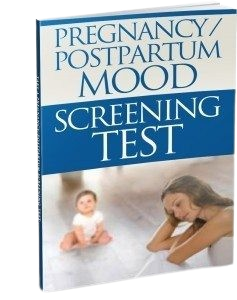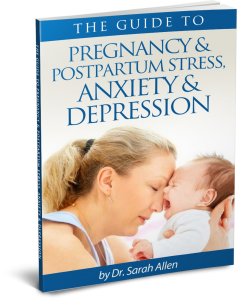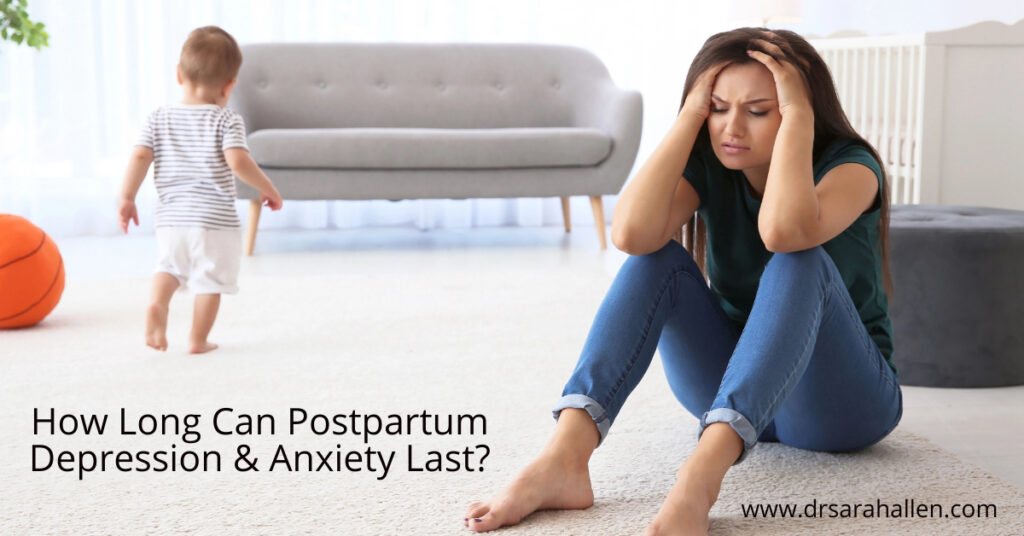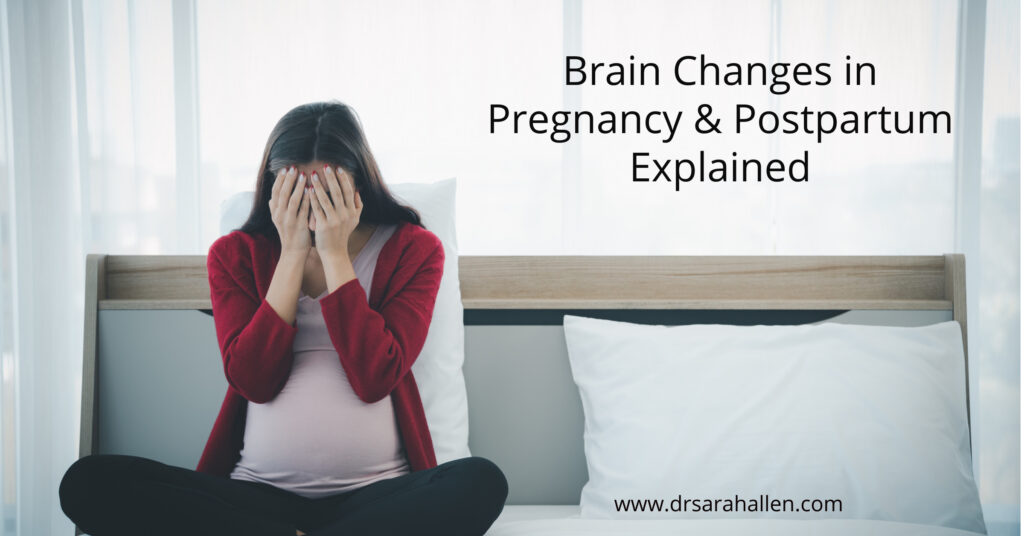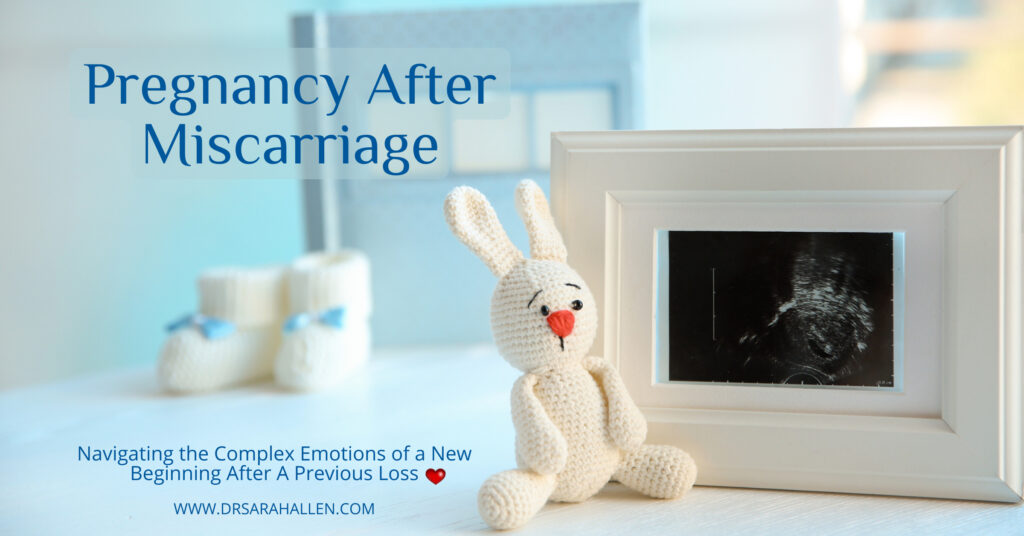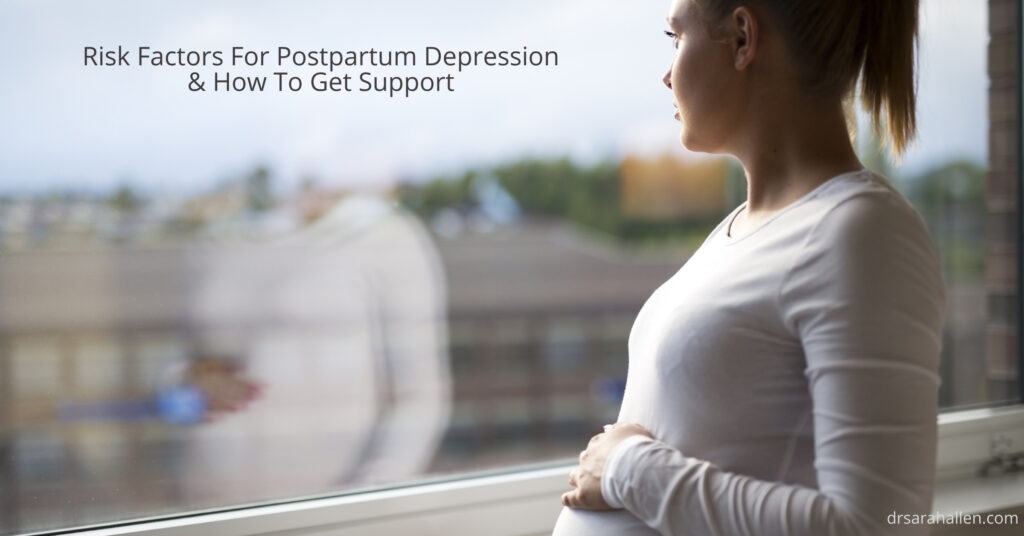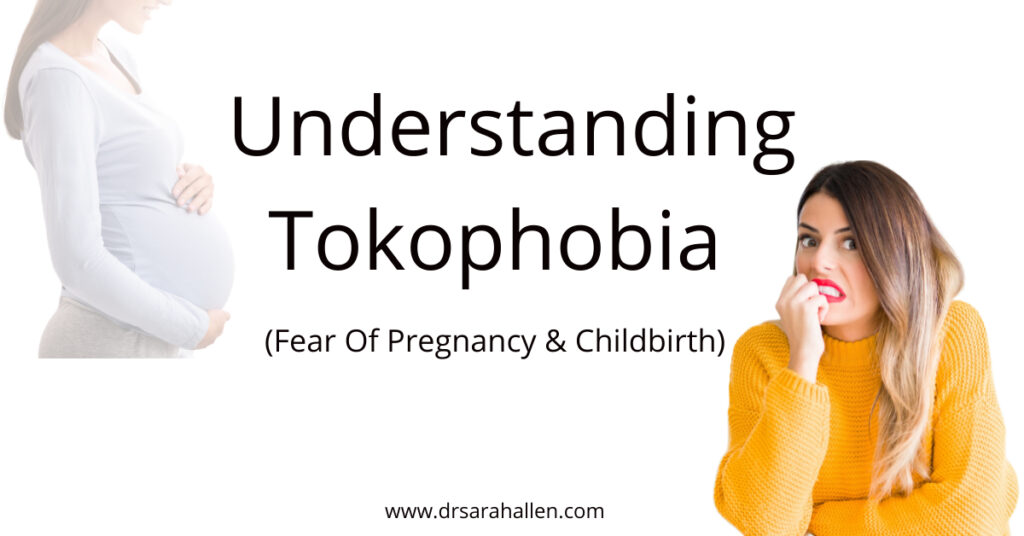
Pregnancy can be an exciting time in a woman’s life, but for some, the thought of pregnancy and childbirth triggers overwhelming fear and anxiety. This intense fear is called tokophobia. It is a deeply personal and often misunderstood experience. If you’re feeling overwhelmed by the idea of pregnancy or giving birth, please know that you are not alone. Many individuals feel the same way, and more importantly, help is available.
I also find that many women experience a lot of anxiety at the thought of having a second child. This can be due to a previous difficult childbirth, or if they experienced a severe postpartum mood disorder such as anxiety or depression that affected their experience of being a mom. Therapy can be a powerful way to address and overcome tokophobia, allowing you to understand your fears, manage anxiety, and feel more in control of your decisions around having a child.
My hope is to empower you with the knowledge and support you need to confront this fear in a compassionate, judgment-free way
Understanding Tokophobia
What Is Tokophobia?
Tokophobia is a serious anxiety disorder that affects many women and I don’t think we talk about it enough. It goes beyond just the fear of giving birth. This condition can coexist with trauma, OCD, depression, and severe anxiety, making it a complex issue that needs attention. . Tokophobia can prevent women from seeking necessary medical care, leading to unnecessary medical interventions. In some extreme cases, it may result in lifelong avoidance of pregnancy.
Types of Tokophobia: Primary and Secondary
There are two main types of tokophobia: primary and secondary. Primary tokophobia occurs in women who have never given birth. It often develops during adolescence or early adulthood due to fears about labor and delivery, influenced by stories or media portrayals.
Secondary tokophobia affects women who have previously given birth. This can result from traumatic birth experiences, difficult pregnancies, or any complications during delivery or in the postpartum period. Women with secondary tokophobia might decide not to have more children due to their intense fear of reliving the traumatic event/s.
Causes and Risk Factors
Traumatic Birth Experiences
One of the significant causes of tokophobia is a traumatic birth experience. A difficult or painful delivery can leave lasting emotional scars. Women who have undergone emergency procedures, faced severe pain, or experienced fear for their or their baby’s safety may develop a deep-seated fear of childbirth.

To read more about what to do if you experienced a traumatic labor When Your Childbirth Experience Wasn’t What You Hoped For
Pre-existing Mental Health Conditions
Women with pre-existing mental health conditions like depression, OCD, or severe anxiety are at higher risk for developing tokophobia. These conditions can intensify fears related to pregnancy and childbirth, making it harder to manage stress and anxiety. Prior episodes of mental health issues can be a significant contributing factor.
Media Influence and Social Fear
The way childbirth is portrayed in media can also influence the development of tokophobia. Horror stories, graphic depictions of labor, and negative experiences shared by others can instill a profound fear of childbirth. Social fear and the pressure of societal expectations can also add to the fear, creating an environment where tokophobia can flourish.
Recognizing these causes and risk factors is critical in identifying and treating tokophobia effectively. Understanding the root of the fear can aid in providing the right support and interventions.
Recognizing the Symptoms of Tokophobia
Physical and Emotional Indicators
Tokophobia manifests through both physical and emotional symptoms. Common physical signs include rapid heartbeat, sweating, dizziness, and even panic attacks when thinking about childbirth. Women might also experience stomachaches, headaches, or trouble sleeping due to their overwhelming fear.
Emotionally, tokophobia can cause intense anxiety, dread, and a constant sense of worry about pregnancy and childbirth. These emotions can make it difficult to focus on daily activities and can interfere with relationships. Women might find themselves feeling isolated, depressed, or excessively fearful of pregnancy and birth-related topics.
Impact on Daily Life and Mental Health
The impact of tokophobia on daily life can be severe. Women might avoid hospitals, medical appointments, or anything that reminds them of childbirth. They may refuse to discuss pregnancy or birth and could even avoid social interactions where these topics might come up. This avoidance can lead to missed medical care and necessary prenatal visits, putting both mother and baby at risk.
Mentally, the disorder can worsen pre-existing conditions like depression or OCD. Left untreated, tokophobia can escalate, potentially leading to more severe mental health issues. Recognizing these symptoms early and seeking help is crucial for managing and overcoming this disorder.
Therapy Techniques for Treating Tokophobia
Different therapeutic approaches aim to address the many dimensions of tokophobia. Below, I’ll break down each therapy technique in detail. Typically, when I work with someone with tokophobia we will utilize different aspects of the therapy techniques below to tailor our therapy sessions to your unique needs.
1. Cognitive Behavioral Therapy (CBT)
CBT is one of the most effective and widely used treatments for phobias, including tokophobia. It focuses on identifying and changing negative thought patterns that lead to fear and anxiety.
How CBT Helps with Tokophobia:
- Identifying Thought Patterns: We will explore your beliefs surrounding childbirth. For example, these might include “Giving birth will be unbearably painful” or “Something bad will happen to me or the baby.”
- Challenging Unhelpful Thoughts: Once identified, these unhelpful negative thoughts are unpacked and questioned. I will encourage you to consider evidence for and against these beliefs.
- Building Coping Mechanisms: CBT helps you develop more helpful thought processes and provides tools like deep breathing and mindfulness to manage anxieties about the future.
CBT sessions are structured, goal-oriented, and typically last several weeks. They empower you by shifting your mindset from fear to preparation.
2. Exposure Therapy (Gradual Desensitization)
For those with severe tokophobia, the idea of childbirth can feel paralyzing. Exposure therapy works by gradually helping you face and reduce the fear in a controlled, safe environment.
How Exposure Therapy Works:
- Building Tolerance Through Steps: I will collaborate with you to expose yourself to the feared object or situation incrementally—for example, starting with reading about childbirth, then watching videos, and eventually considering childbirth preparation classes.
- Focus on Safety: This process is paced to ensure that you feel comfortable and empowered, never rushed. Over time, you desensitize to triggers that once evoked fear.
- Visualization: For people who find physical exposure challenging, we may start with guided imagery, where you imagine yourself in situations related to pregnancy or birth, slowly becoming used to these ideas.
3. Trauma Based Therapy
Tokophobia is often rooted in trauma. Cognitive Behavioral Therapy (CBT) for trauma, also called Trauma Focused (TF-CBT) aims to identify and challenge negative thought patterns related to pregnancy and childbirth. Through CBT you can gradually learn to replace your intrusive fears with more balanced and empowering perspectives.
Narrative therapy can be incredibly useful for processing past trauma. It is a form of psychotherapy that helps you separate yourself from your fears by focusing on the stories you tell about things that have happened in your life. It encourages you to view challenges from a new perspective, empowering you to rewrite your narratives and discover strengths, values, and solutions. Narrative therapy can provide additional methods for processing and releasing trauma.
These techniques encourage individuals to explore emotions safely and reconnect with their inner strength, facilitating a sense of control over their experiences. The most important aspect of our therapy will be to create a space where you feel heard, respected, and empowered to address your fears at your own pace.
4. Mindfulness-Based Therapy
Mindfulness therapy teaches you to stay grounded in the present moment rather than catastrophizing about potential outcomes during childbirth.
Mindfulness Approaches for Tokophobia:
- Mindful Breathing: Learning techniques to calm your body and mind during moments of fear or anxiety.
- Body Awareness: Therapists guide you to connect with your body more positively, replacing fear with a sense of self-trust. This is especially helpful for those who feel disconnected or mistrusting of their physical capabilities.
- Acceptance & Commitment Therapy (ACT): A mindfulness-aligned approach, ACT helps you accept that fear can exist while also committing to values-driven actions, such as preparing for childbirth in a way that aligns with your personal goals.
5. Psychoeducation and Birth Preparation
For many people, tokophobia can stem from a lack of understanding about what childbirth involves. Psychoeducation aims to reduce anxiety through knowledge.
Key Components of Psychoeducation:
- Understanding Labor and Birth: Through research from trusted sources we will learn about the physical process of childbirth, pain management techniques, and possible interventions, eliminating the fear rooted in uncertainty.
- Partner Preparation: We can always include your partners in our sessions to provide emotional support and help manage shared fears.
- Control Through Knowledge: Educating yourself about options like birthing plans and communicating with healthcare providers can give you the confidence to take control of your birthing experience.
Conclusion
Tokophobia is a complex anxiety disorder, but understanding it is the first step toward managing it. By recognizing the symptoms and understanding the causes, together we can work through tokophobia. Individualized therapy and education are crucial elements in overcoming the fear of pregnancy and childbirth. I have worked with women for over 25 years to address issues relating to getting pregnant, loss, fertility treatments, pregnancy and postpartum. I see clients in my Northbrook, North Chicago office or virtually across Illinois, Florida and the UK. I am here to help, you don’t have to go through this alone. Reach out to me on the contact form below.

Dr. Sarah Allen has 25+ years of experience in private practice helping women to transition to being the mom they want to be. She is the Founding Director of the statewide non-profit Postpartum Depression Alliance of IL. She also specializes in pregnancy loss & infertility & has published research on postpartum depression and traumatic childbirth.
If you would like to work with Sarah, please phone her at 847 791-7722 or on the form below.
If you would like to read more about me and my areas of specialty, please visit Dr. Sarah Allen Bio. Dr. Allen’s professional license only allows her to work with clients who live in IL, FL & the UK and unfortunately does not allow her to give personalized advice via email to people who are not her clients.
Dr. Allen sees clients in person in her Northbrook, IL office or remotely via video or phone.

What Can I Read That Helps Me While I Am Waiting For My First Appointment With Sarah?
If you feel that you may be experiencing pregnancy or postpartum mood disorder, or worry that you may be at risk of developing it, please download my free booklets below.
See each specific webpage to download one or many.
